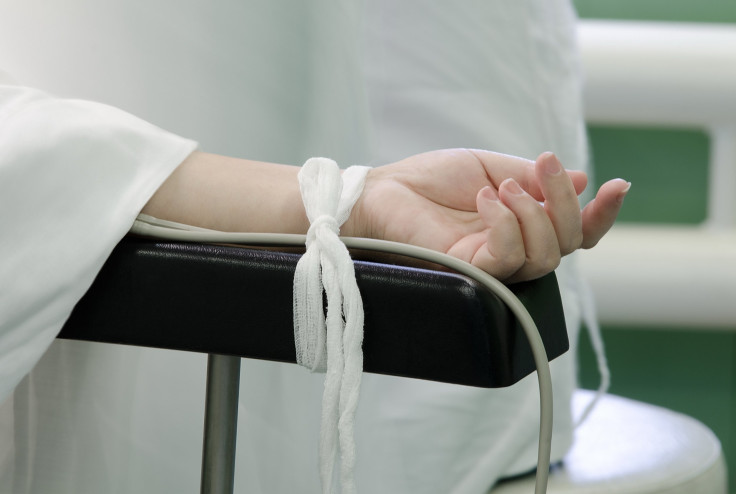Pregnant Texas Woman, Marlise Munoz, Left Brain-Dead On Life Support; Legal Experts Claim Hospital Misinterpreting Law

Last seen with the death of Terri Schiavo in 2005, America’s great ethical debate over the right to live or die has reignited as a pregnant woman lies brain-dead in a North Texas hospital bed after suffering in late November what might have been a pulmonary aneurysm.
In this latest salvo of the “culture wars,” Marlise Munoz has been rendered effectively brain-dead 19 weeks into pregnancy, challenging interpretations of a Texas law requiring continued life support for the viability of the unborn baby. Yet unlike the Schiavo drama in Florida, the 33-year-old emergency medical technician made her wishes known to her husband Erick, who is also a paramedic.
“It’s our decision that we didn’t want to live in that condition,” Munoz told The Washington Post in a telephone interview from his wife’s hospital room.
Although Munoz says a doctor pronounced his wife brain-dead, administrators at John Peter Smith Hospital in Fort Worth, Texas, say the pregnant patient has not been officially declared brain dead and remains hospitalized with a serious condition. “We are following the law of the state of Texas,” hospital spokeswoman J.R. Labbe said. “This is not a difficult decision for us. We are following the law.”
Yet, three legal experts – including two who helped write the law – say otherwise.
“This patient is neither terminally nor irreversibly ill,” Robert Fine, clinical director of the office of clinical ethics and palliative care for Baylor Health Care System, told the Associated Press. “Under Texas law, this patient is legally dead.”
Under the Texas Advance Directives Act, “A person may not withdraw or withhold life-sustaining treatment under this subchapter from a pregnant patient.”
Yet, Tom Mayo, a Southern Methodist University law professor, said he didn’t think the law applied to this particular case, but offered a possible explanation for the hospital’s refusal to comply with family wishes. Were the hospital to pull life support for Munoz, they might face exposure to criminal and civil liability under the law. But he also noted that “most medical decisions” carry some liability exposure for hospitals and doctors.
The third expert, Robert Fine, clinical director of the office of clinical ethics and palliative care for Baylor Health Care System, says the hospital is dead wrong. “This patient is neither terminally nor irreversibly ill,” he said. “Under Texas law, this patient is legally dead.”
Meanwhile, Munoz says that although legal action remains a possibility he’s interested in publicizing the case further to possibly clarify Texas law on the matter. “If anything good is to come of this, we want to inform people,” Munoz said. The father of a 14-year-old boy, Munoz says he continues to endure a “roller coast of emotions” but remains faithful as he sits by his wife’s bedside, dead or alive.
Likewise, Ernest Machado told The Dallas Morning News he wants the hopsital to pull life support. "All we want is to let her rest, to let her go to sleep," he said. "What they’re doing serves no purpose."
During the past 30 years, some 19 similar cases have been recorded, though only two babies survived to develop normally.



























